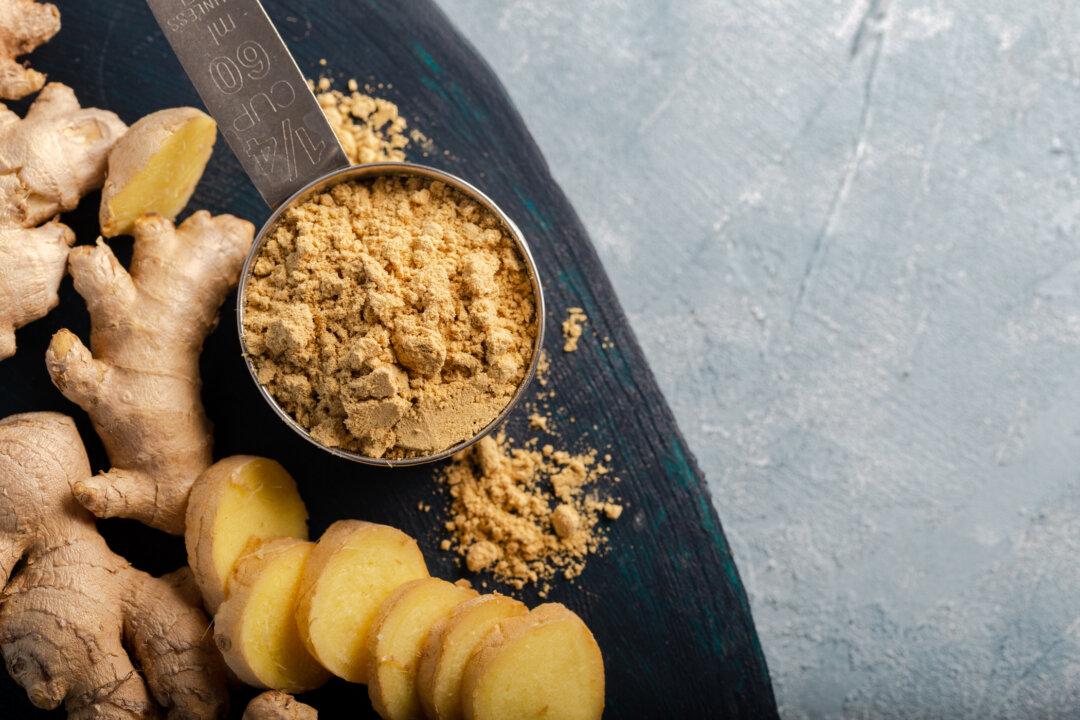One small dose of turmeric powder was found to improve working memory in pre-diabetic patients.
Interest in turmeric as a tonic and regenerative agent for brain conditions is growing rapidly. Given the increased prevalence of neurodegenerative conditions such as Alzheimer’s disease, as well as an alarming uptick in brain cancer and the cognitively impairing metabolic dysregulations associated with type 2 diabetes.






